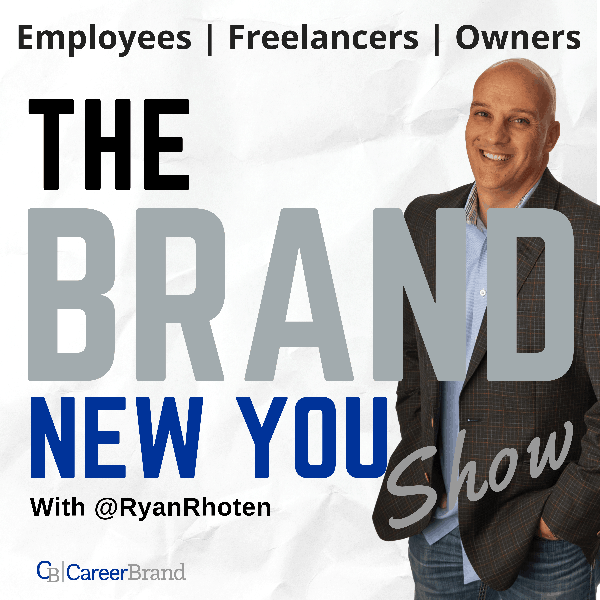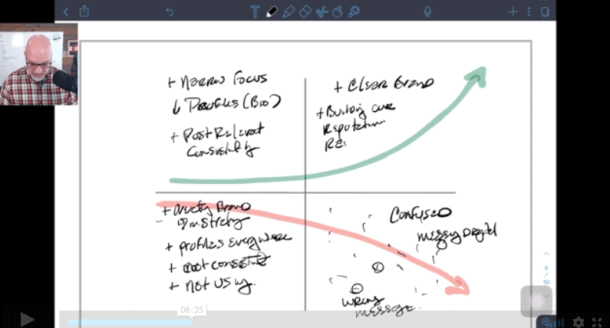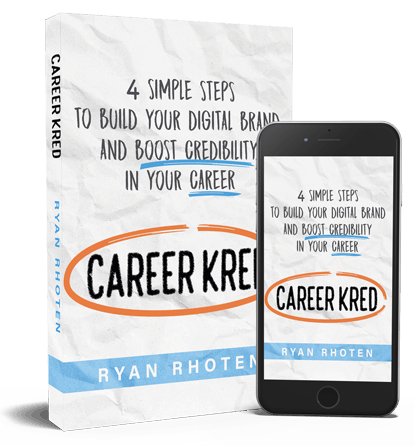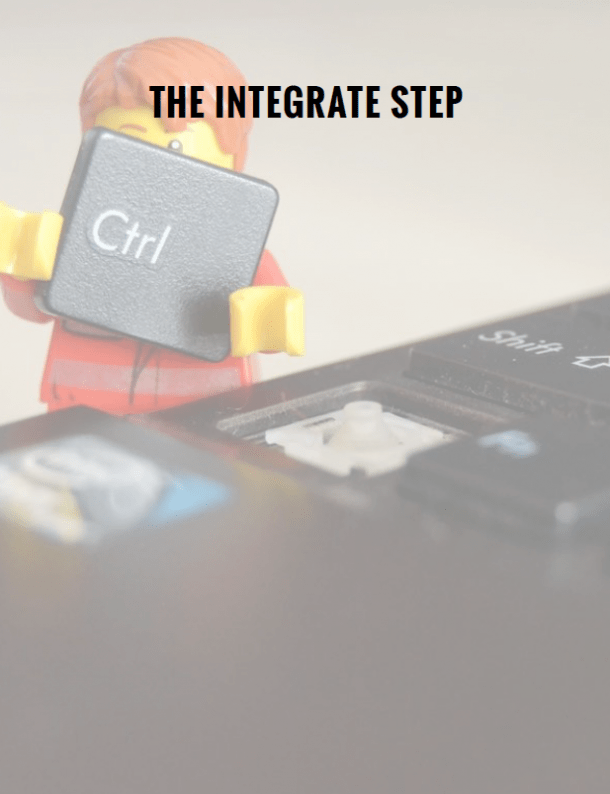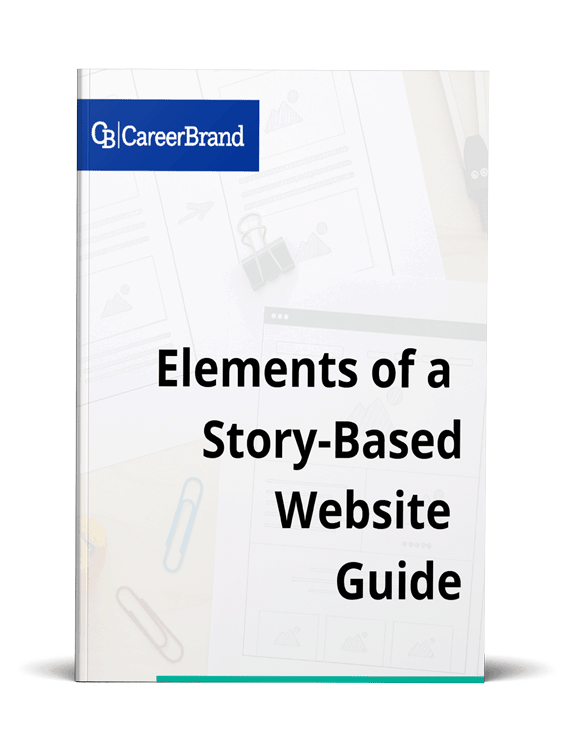She is a licensed vocational counselor and author of seven best-selling career and job search books including Over 40 & you’re hired, Souring on Your Strengths and 60 seconds and You’re Hired.
Robin has appeared on over 1500 TV & radio shows including, Oprah, Dr. Phil, CNN, ABC News and NPR.
Her advice and articles have appeared in most major magazines and newspapers, such as the Wall Street Journal, USA Today, New York Times, and the Chicago Tribune.
Robin is also a keynote speaker at numerous national and regional conferences, and she can often be found running workshops or speaking in front of association members, or on college campuses talking to alumni and students.
Robin Ryan has also been called Oprah’s (Yes, that Oprah) job search expert and in this podcast she and I discuss how you can get hired in 60 seconds.
[smart_track_player url=”http://traffic.libsyn.com/thebrandnewyoushow/Robin_Ryan.mp3″ title=”Robin Ryan – 60 Seconds & You're Hired” artist=”Ryan Rhoten” color=”#f5811f” download=”false” social=”true” social_twitter=”true” social_facebook=”true” social_gplus=”true” social_linkedin=”true” social_stumble=”true” social_pinterest=”true” social_email=”true” ]
ROBIN RYAN GETTING STARTED
Robin went to college to become a guidance counselor, which is what she did upon graduation.
As luck or life would have it while working as a guidance counselor, Robin, one of the newest people on staff, was offered the opportunity to teach a job search class.
She agreed and as it turns out, she enjoyed it and quickly became the go-to person for job search training which she has been doing now for over thirty years.
THE SECRET TO FINDING JOBS
Robin mentions in her book, 60 seconds and You’re Hired, that 80% of the available job today are in the “hidden” job market.
This means you won’t find these jobs posted on a job board or even a company’s website.
So how do you tap into this market?
Robin tells us finding these jobs requires research and effort on our part. Having a LinkedIn profile alone won’t help you gain access.
You need to determine the companies you would like to work for and identify the hiring managers. Then you need to, I’m going to say it, network. D-Fish would be proud.
Robin suggests you need to develop a relationship with the hiring managers before they ever post their job opportunities. You can do this via social media, Twitter for example, or at networking events.
Like Olivia Gamber, Robin suggests grabbing coffee with the hiring manager if possible. Ask them questions about their company and their position so you can get to know them better.
Robin tells us that networking is how people are landing two-thirds of all jobs.
The best places to research a company include their own website where you can see their strategic plan and their financial performance.
Another place Robin Ryan tell us to look is Glassdoor. Her personal favorite.
Glassdoor is like Yelp for companies. It’s current and past employees rating and commenting on everything about the company from compensation, to interview questions to company culture.
HOW TO HANDLE PHONE SCREENS
As a hiring manager, Robin tells us the thing key things hiring managers are looking for during the initial phone screen.
These keys include:
- Verifying you have the experience and education needed.
- Determining the accuracy of your resume.
- Do you have the skill set required to do the job?
- Are you friendly and engaging?
- Are you taking this seriously by taking the call in the right place?
Believe it or not, the last bullet happens way too often. Don;t take an initial phone screen call in a coffee shop.
Should your call include a question about your current compensation or the compensation you require to work for the company, Robin suggests you dodge the question.
If you answer, you give away your negotiation power later in the process.
Instead, Robin suggests using the question to learn more about what the position could pay based on the requirements of the role.
To do this you simply ask about the current range of pay for the job. Remember all jobs pay based on the responsibilities such as travel, overtime, benefits, etc. At this point, all you have is a job description.
Keep the discussion to a pay range and never tell them what you currently earn. To determine the range for the role, Robin suggests you head over to PayScale.com.
Best Practice Tip: Ask for the complete or full job description before you hang up the phone.
60 SECONDS AND YOU’RE HIRED – THE 5 POINT AGENDA
One key tenant of Robin Ryan’s book is the 5-point agenda. This is the agenda you will stick to throughout your interviews.
What is the 5-point agenda?
Robin Ryan tells us the 5-point agenda is the crux of your research on the company. As you researched the company, you should have identified the problems they are trying to solve with the position you are trying to obtain.
Done correctly, this means your five point agenda will change for each role you apply for since each role may require slightly different skills.
Using your research, whether online or in person during your coffee meetings, you select five selling points from your resume that best align with the role.
Think of these five selling points as high level “bullet points” you will use throughout the interview process.
These selling points are specifically chosen to highlight how your job experiences and skills can help the company solve the challenges noted in the job description.
Sticking to your five selling points allows you to be consistent with your message so you don’t ramble during the interview. They will also give you the added bonus of confidence.
60 SECONDS AND YOU’RE HIRED – 60 SECOND SELL
The 60-second sell is Robin’s version of the “elevator pitch” with one key difference. The 60-second sell uses your 5-point agenda.
To develop the 60-second sell you take your five point agenda and link each point together into sentences. Robin calls this your verbal business card.
The 60-second sell is used to answer what is arguably the toughest interview question, tell me about yourself.
If done correctly, you will give the interviewer your five point selling agenda and tell them how you and your experiences can help them all in 60-seconds.
Another place to use the 60-second sell is at the end of the interview.
Rather than walk away with the standard, what can you expect from this point forward, use the opportunity to sell yourself once again by reminding the hiring manager or interviewer of your qualifications for the role in 60-seconds.
THE JOB INTERVIEW PROCESS
Robin loves every aspect of the interviewing process. There is no doubt about this.
One of the very first things she mentions as a pitfall for job candidates is their attire which is something Toi Sweeney would definitely agree with.
Robin tells us you should always dress as a business professional during the interview.
Just because the company made adhere to a business casual attire on a day-to-day basis does not mean you dress that way for the interview. Remember, you don’t work there yet.
Another point Robin Ryan makes is to turn off your cell phone and hide it. This will be difficult for many but it is necessary. She hears from hiring managers all the time that interviewees will often pull their phone out during the middle of an interview.
Preparation is another key point Robin Ryan mentions as key to a successful interview.
Researching the company should be a given at this point but Robin also tells us to practice your answers to interview questions.
Practice how you can use your 5-point agenda to answer specific behavioral interview questions. This will help you be more confident and relaxed during the process.
If you’re looking for some interview questions to practice with pick up a copy of Robin’s book, chances are the hiring manager already has a copy.
HOW TO ANSWER JOB INTERVIEW QUESTIONS
A large portion of her book, 60-seconds and You’re Hired, is dedicated to how to answer over 100 interview questions.
Obviously, we can’t cover every question in Robin’s book so here are few Robin and I discussed.
QUESTION: Describe the worst boss you’ve ever worked for?
As you answer this question, keep in mind the hiring manager is interested because they want to see what you may say about them.
Rather than go there, Robin suggests describing a situation where maybe you went months without any feedback from your manager, or perhaps he or she wasn’t very collaborative.
But you can’t just leave the answer here otherwise you are just complaining. Once you’ve described your worst boss, contrast this boss to your best boss by showing how this boss allowed you to use one of your skills listed in your 5-point agenda.
QUESTION: Describe a time when you failed.
Robin tells us the employer is not as interested in your failure as they are how you recovered and what you learned from it.
Did the failure or mistake prompt a corrective action on your part. This question really speaks to whether or not you as a person are self-aware.
Can you take constructive criticism and will you act on it. No one wants to hire the person who ignores the boss’ suggestions.
QUESTION: What is your greatest weakness?
This is one of those questions where you might be able to highlight your sense of humor. So go ahead and give it try, tell them chocolate is your greatest weakness.
You’ll know quickly if they really want an answer to this question. If they do, Robin suggests answering in the following manner.
Select a skill for the role that is a smaller portion of the overall job where you may not have as much or any experience with, say programming, and offer that as a weakness.
Immediately follow this up with an offer on your part to learn the skill, as in you’ll need some training if that skill is expected.
By the way, Robin Ryan coaches hiring managers to ask many of the questions you’ll find in her book.
THE KEYS TO JOB OFFER NEGOTIATIONS
Robin tells us the biggest mistake people make in salary negotiations is simply not negotiating.
In her experience, the first offer is never the best offer and companies will put an offer out sometimes just to see if you’ll accept it.
Robin and I discuss how you can determine a proper salary to ask for during a negotiation. To find the compensation range for a particular role and experience level, Robin tells us to head to PayScale.com.
In fact, payscale.com and salary.com are the two gold standards when researching potential compensation.
Additionally, if you belong to any professional organizations check their websites and/or monthly reports. Most will have an annual salary survey report you can review.
Robin’s key to salary negotiation is to never tell the employer how much you currently make. Never. Remember this and your negotiation will go well.
ROBIN RYAN’S JOB SEARCH SUCCESS ACADEMY
Robin will soon launch the Job Search Success Academy. In the academy, Robin has compiled all of her years of experience on job searching, interview questions, salary negotiations and much more to create the Job Search Success Academy.
The academy will offer 6-month memberships which includes access to all of Robins best content. In addition, Robin will be doing monthly webinars on a specific job search related topic and taking questions directly from members of the group.
THE BEST WAYS TO CONTACT ROBIN RYAN
Web: RobinRyan.com
LinkedIn: Robin Ryan
